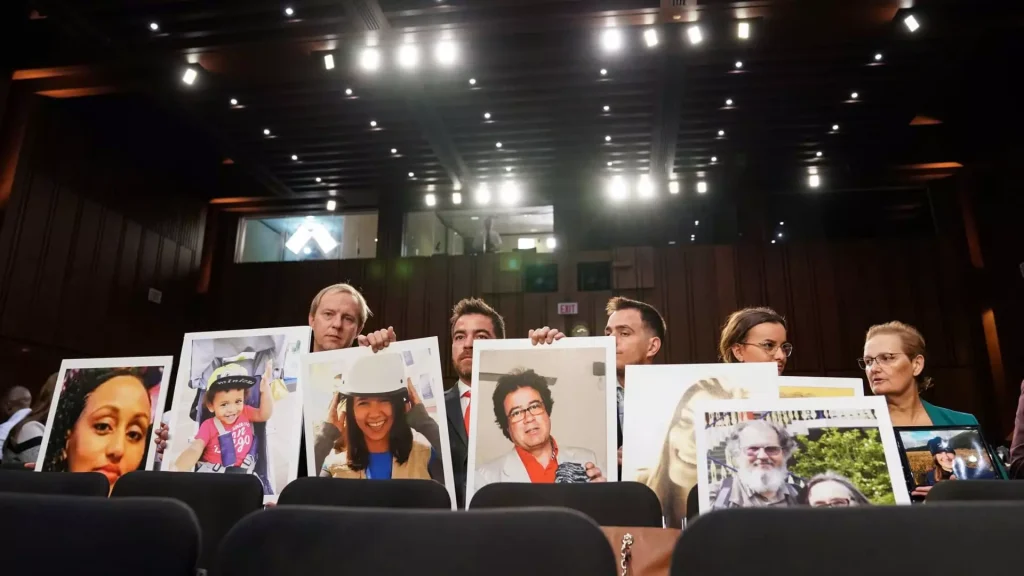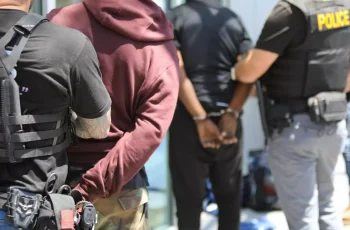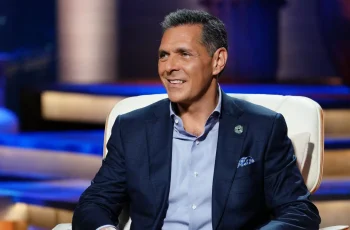In a controversial move that has stirred alarms across the aviation industry and beyond, the recent settlement between the U.S. Justice Department and Boeing has raised serious questions about corporate accountability. Following the tragic loss of 346 lives in two separate crashes involving the 737 Max planes, the decision allows Boeing to avoid felony charges, instead funneling over $1.1 billion into various funds. While the agreement provides financial restitution, it has been heavily criticized as a “sweetheart deal,” potentially undermining fundamental questions of justice for the families affected. This settlement highlights a worrying trend: can a company as powerful as Boeing ever truly face the legal consequences for corporate negligence?

A Question of Accountability
The Justice Department justifies the settlement, calling it a “fair and just resolution that serves the public interest.” But which public interest is truly being served? The families of the victims, many of whom have long demanded accountability, are deeply dissatisfied with the decision. Their frustration underscores broader societal concerns about the potential for corporate lobbying and the influence of money in shielding companies from serious consequences. While Boeing has made contributions to compliance and safety programs, these feel inadequate when weighed against the immense human cost. As Andrew Cassell, a lawyer representing the victims’ families, points out, the deal not only lacks precedent, but it also weakens the notion of robust corporate accountability.
An Industry Above the Law?
Boeing’s recent history is fraught with legal entanglements linked to decisions that prioritized profit over safety. The company misled federal regulators about the 737 Max’s flight-control systems, leading to tragic crashes. Moreover, critical safety information was concealed, further deepening the crisis. This situation raises a troubling question: can a corporation of Boeing’s size and influence ever face the same legal consequences that apply to smaller companies? If Boeing—an aerospace giant with significant government contracts—can evade serious allegations through financial settlements, the precedent set is a dangerous one for other companies with political clout and defense ties. This not only undermines public trust but also suggests that large corporations might be insulated from true accountability.
The Burden on Victims’ Families
The pain of loss is intensified when the deaths of loved ones are connected to systemic failure. The families of those killed in the 737 Max crashes have consistently demanded justice that goes beyond financial compensation. They argue that accountability must also involve consequences for the executives responsible for the decisions that led to these tragedies. This perspective highlights a core issue: justice is often incomplete when those at the top evade personal responsibility. Instead of facing repercussions for their actions, executives can avoid consequences through financial settlements, leaving the victims’ families feeling not just bereaved, but deprived of a meaningful societal lesson.
Boeing’s Search for Redemption
As Boeing works to recover its corporate reputation, the question arises: can the company regain the trust of a public that feels betrayed? Despite securing contracts worth billions for military programs like next-generation fighter jets, Boeing’s reputation remains tarnished by the crashes. The irony is striking: while the company profits from government contracts, it is shielded from the consequences of its negligence.
Boeing insists that its investments in safety improvements and victim compensation funds will help rebuild trust. However, these efforts should be scrutinized not only in terms of financial contributions but also against the backdrop of lives lost and families shattered. True accountability goes beyond financial commitments; it requires a deep and sustained dedication to transparency and corporate responsibility, ensuring that safety is prioritized over profits.
The Broader Implications
The impact of the Justice Department’s decision extends far beyond Boeing. It serves as a pivotal test for the broader legal framework and whether it can effectively protect the public from systemic failures in corporate governance. The case raises profound questions about the balance between corporate power and the need for strict oversight. The stakes are high, and the repercussions will be felt throughout the corporate world. Society deserves a legal system that holds corporations accountable, ensuring that the pursuit of profit does not come at the expense of public safety or justice.

In conclusion, while Boeing may navigate its current crisis, the real test will be whether the justice system can adapt to safeguard the public interest and hold corporate giants accountable for their actions. As the company moves forward, it must remember that the trust of the public is fragile and that true redemption lies in a commitment to corporate responsibility—not just financial compensation.




